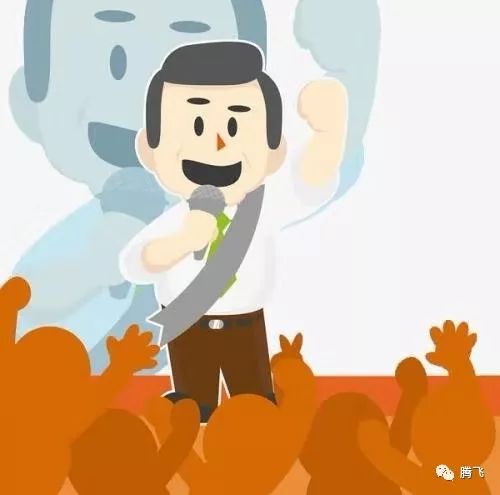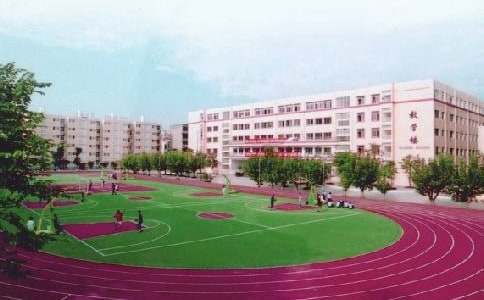国内英语资讯:China Focus: Beijing aims for high-quality growth

BEIJING, Jan. 24 -- The acting mayor of Beijing said Wednesday that the city is expected to hit the economic growth target of about 6.5 percent this year, while achieving visible improvement in economic structure, environment and innovation.
The annual government work report, delivered by Chen Jining at the opening meeting of the annual session of the Beijing Municipal People's Congress, set the GDP growth target at around 6.5 percent.
The GDP growth target is lower than the average annual increase of 7.1 percent -- an absolute figure of 2.8 trillion yuan (438 billion U.S. dollars) -- the capital has achieved in the past five years, Chen said.
He said that successful transformation of the economic development pattern, enhanced innovation capacity and better urban management are among the most significant achievements during the five-year period.
Nearly 19,000 applications for new production were rejected, thanks to an expanded restriction list. Nearly 2,000 manufacturing companies in the city were shut down, and around 600 regional and specialized markets were phased out.
Annual coal consumption has been reduced to 6 million tonnes from the previous 22.7 million tonnes. Over 2.16 million high-polluting old vehicles were phased out. A total of 11,000 factories were punished for environmental issues.
Chen highlighted deepened reforms and opening-up in sustaining the momentum.
The city's actual inflow of foreign investment topped the country at 24.3 billion U.S. dollars last year, with over 90 percent going to the service industry. Trade volume in services accounted for about one-fifth of the country's total.
BETTER CITY, NEW PROSPECTS
While pursuing high-quality economic growth, the municipal government has also set targets to ease its "big city diseases," such as traffic congestion and pollution.
In the battle against smog, Beijing will take high-emission vehicles off all roads in the city, according to the report. Currently, vehicles with high emissions are forbidden within the city's Sixth Ring Road
The average density of PM2.5 fine particulate matter in Beijing was 58 micrograms per cubic meter last year, meeting the target set by the State Council and 20.5 percent less than in 2024.
Another 500 manufacturing companies will be closed and more than 40 state-owned companies will be moved out of the city proper, Chen said in the report.
Plans to ease traffic jams include expanding urban rail, more bus lanes and renovation of bike lanes, according to the report.
Bi Wensheng, a deputy to the Beijing municipal people's congress, said the report showed the government's confidence in seeking high-quality growth and "treating big-city diseases," which are key aspects of urban development.
Qin Hongling, another deputy, said the government report elaborated on changes she has witnessed herself in past years.
The Beijing University of Civil Engineering and Architecture, where Qin works, is located near the Beijing zoo market, a former wholesale center.
The market has been moved to nearby Hebei Province, with the site being transformed into a cluster of finance and technology businesses.
"The new cluster, together with the nearby planetarium and exhibition hall, represents the capital as the Chinese center of culture and technology," she said.
BEIJING, Jan. 24 -- The acting mayor of Beijing said Wednesday that the city is expected to hit the economic growth target of about 6.5 percent this year, while achieving visible improvement in economic structure, environment and innovation.
The annual government work report, delivered by Chen Jining at the opening meeting of the annual session of the Beijing Municipal People's Congress, set the GDP growth target at around 6.5 percent.
The GDP growth target is lower than the average annual increase of 7.1 percent -- an absolute figure of 2.8 trillion yuan (438 billion U.S. dollars) -- the capital has achieved in the past five years, Chen said.
He said that successful transformation of the economic development pattern, enhanced innovation capacity and better urban management are among the most significant achievements during the five-year period.
Nearly 19,000 applications for new production were rejected, thanks to an expanded restriction list. Nearly 2,000 manufacturing companies in the city were shut down, and around 600 regional and specialized markets were phased out.
Annual coal consumption has been reduced to 6 million tonnes from the previous 22.7 million tonnes. Over 2.16 million high-polluting old vehicles were phased out. A total of 11,000 factories were punished for environmental issues.
Chen highlighted deepened reforms and opening-up in sustaining the momentum.
The city's actual inflow of foreign investment topped the country at 24.3 billion U.S. dollars last year, with over 90 percent going to the service industry. Trade volume in services accounted for about one-fifth of the country's total.
BETTER CITY, NEW PROSPECTS
While pursuing high-quality economic growth, the municipal government has also set targets to ease its "big city diseases," such as traffic congestion and pollution.
In the battle against smog, Beijing will take high-emission vehicles off all roads in the city, according to the report. Currently, vehicles with high emissions are forbidden within the city's Sixth Ring Road
The average density of PM2.5 fine particulate matter in Beijing was 58 micrograms per cubic meter last year, meeting the target set by the State Council and 20.5 percent less than in 2024.
Another 500 manufacturing companies will be closed and more than 40 state-owned companies will be moved out of the city proper, Chen said in the report.
Plans to ease traffic jams include expanding urban rail, more bus lanes and renovation of bike lanes, according to the report.
Bi Wensheng, a deputy to the Beijing municipal people's congress, said the report showed the government's confidence in seeking high-quality growth and "treating big-city diseases," which are key aspects of urban development.
Qin Hongling, another deputy, said the government report elaborated on changes she has witnessed herself in past years.
The Beijing University of Civil Engineering and Architecture, where Qin works, is located near the Beijing zoo market, a former wholesale center.
The market has been moved to nearby Hebei Province, with the site being transformed into a cluster of finance and technology businesses.
"The new cluster, together with the nearby planetarium and exhibition hall, represents the capital as the Chinese center of culture and technology," she said.









